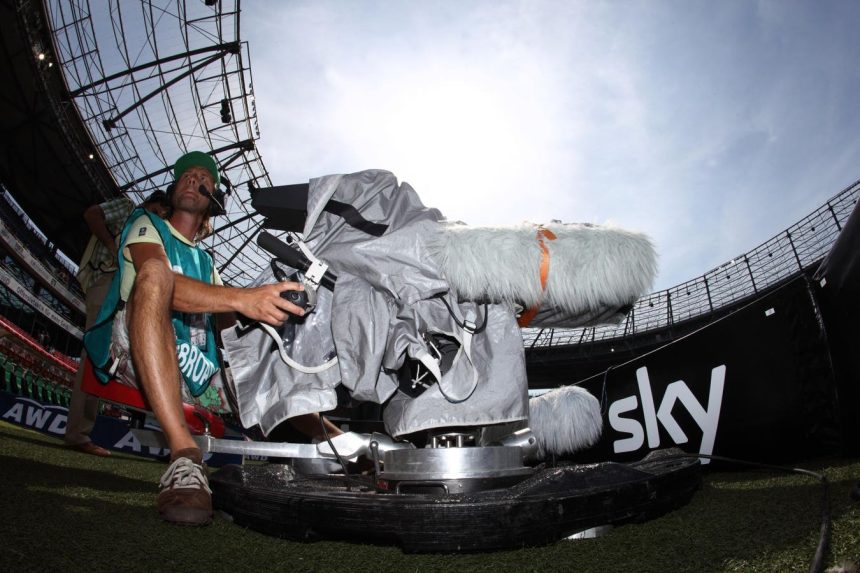The Bundesliga, Germany’s top-tier football league, has secured a robust national television rights deal for the seasons spanning 2025/26 to 2028/29, defying the downward trend observed in other major European leagues. The agreement, brokered by the Deutsche Fußball Liga (DFL), guarantees the 36 clubs across the Bundesliga and Bundesliga 2 a total of €4.484 billion ($4.736 billion) over the four-year period, averaging €1.121 billion ($1.185 billion) per season. This represents a 2% increase compared to the current rights cycle, a significant achievement in a climate where leagues like Ligue 1, Serie A, and LaLiga have experienced stagnation or decline in their domestic media revenues. This positions the Bundesliga’s national media contract as the second most lucrative globally, surpassed only by the English Premier League, solidifying its financial standing within the football landscape.
The DFL has hailed this outcome as a testament to the enduring popularity and resilience of German professional football, particularly amidst challenging economic times. DFL co-CEOs Steffen Merkel and Marc Lenz emphasized the importance of unity and trust within the league, crediting these factors for the successful negotiation of a financially secure and comprehensive agreement. This new deal grants the clubs much-needed planning security at a high financial level, providing a stable foundation for continued growth and development in the coming years. The co-CEOs underscored that this financial security is crucial for addressing the economic, sporting, and political challenges facing the leagues and will enable them to strategically evolve and remain competitive in the ever-changing football landscape.
The successful conclusion of the television rights deal represents a significant victory for Merkel and Lenz, whose leadership had come under scrutiny following the collapse of a proposed international investor deal earlier in the year. The initial tender process for the domestic rights had also encountered significant hurdles, including a legal challenge from DAZN regarding the awarding of a key package to Sky. This necessitated a restart of the process, raising concerns about the continued interest of both broadcasters. However, the DFL ultimately managed to navigate these complexities and forge a compromise that satisfied all parties involved.
The new agreement sees Sky retain the majority of Bundesliga broadcast rights, while DAZN secured the rights to the highly popular Konferenz, a Saturday afternoon whip-around show showcasing simultaneous live action from multiple matches. This concession by Sky allowed the DFL to maintain a balance between the two major pay-TV partners, preserving a competitive landscape for Bundesliga broadcasts. The retention of both Sky and DAZN was paramount for the DFL, especially given the absence of new bidders like Amazon or Apple, who had been speculated to enter the market.
This outcome stands in stark contrast to the financial uncertainties faced by many other top European leagues. By securing a 2% increase in domestic media revenue, the Bundesliga has positioned itself for continued growth and stability, while leagues such as Ligue 1, Serie A, and LaLiga grapple with stagnant or declining broadcast deals. The Bundesliga’s success can be attributed to several factors, including the league’s strong domestic fan base, the exciting and competitive nature of the competition, and the DFL’s strategic approach to negotiations.
The renewed partnership with Sky and DAZN ensures broad reach and continued accessibility for Bundesliga fans across Germany. While Sky remains the primary broadcaster, DAZN’s acquisition of the Konferenz rights provides an alternative viewing option for those seeking a more comprehensive Saturday afternoon experience. This balance between established broadcasters and innovative platforms like DAZN is expected to further enhance the Bundesliga’s media presence and contribute to its ongoing growth. The league’s ability to secure a favorable deal in a challenging market underscores its strong position and bodes well for the future of German professional football. This financial security allows the Bundesliga to focus on strategic development initiatives, including enhancing fan engagement, investing in youth development, and further strengthening its global brand.



